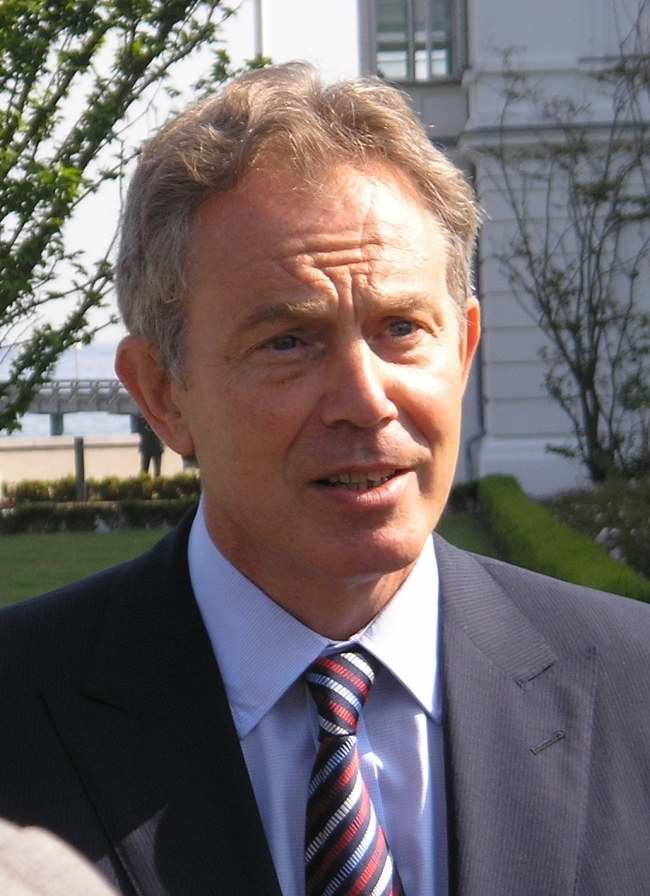
The past may well be a different country. But is it one which you would necessarily want to visit? In the case of the Eighties, here are six reasons why the decade as a whole is best avoided…
Movies were bad
Okay, clearly not ALL Eighties movies were bad but there was a hell of a lot of crap around ranging from Flashdance, Red Dawn, Mannequin to the Police Academy films. The British film industry was in an especially dire state with virtually one Cannon and Ball film or Merchant Ivory period piece being released a year. Animated films such as The Fox and the Hound and Basil The Great Mouse Detective were a million miles away from the sophisticated standard set by the likes of Frozen and the Toy Story films today. Even at the higher end, supposedly great Oscar winning fare like Driving Miss Daisy, Ordinary People and Terms of Endearment are watched by virtually NO ONE today.

Computers were rubbish
Got a spare two hours? Then try loading even the most basic blocky bitty computer game in 1984. Even then, it probably won’t work and will come back with a message saying “Boot error”.

Mobile phones were huge
Some people, of course, had mobile phones in the Eighties but they were huge brick-like things which required you to shout down them so loudly you may as well just have shouted anyway. There was also no internet so you needed to visit the library to find out even the slightest bit of trivia about anything. Also, are you late for a meeting with someone? Tough! You can’t text “15 MINS L8 SORRY”. You’ll just have to miss them! You could try calling them from a phone box (although many were vandalised even then) but unless they’re at home or in the office, that won’t work as chances are they don’t have a mobile either!

Everything closed on Sunday
And TV stopped at about one o clock in the morning (after a quick play of the National Anthem). What a bore!
TV was often rubbish
Not only did you have to get both the Radio Times AND the TV Times to see what was on all four channels, we had to put up with the likes of Duty Free, No Place Like Home and sitcoms starring Jim Davidson. The most watched comedy show of the entire decade? An episode of Carla Lane’s Bread. Rubbish.

The country was in a bad way
Britain boomed in the Eighties? Well, yes, for about five minutes towards the end before overheating and descending into recession again. For most of the decade, unemployment was well over three million (much higher than during the recent recession) while the country quaked amidst rioting, IRA bomb explosions while teetering on the brink of extinction from the threat of nuclear war. Nostalgia? Some things are best left in the past.





